Title: The impacts of climate change on livestock: An interdisciplinary, scoping review of health, production, and adaptation strategies
Journal: Climate Smart Agriculture
DOI: https://doi.org/10.1016/j.csag.2025.100082
Abstract: Climate change has been recognized to negatively affect livestock animals, as it can severely impair their health and productivity by disrupting homeostasis. This study aims to linearly compile the sources of environmental stress on livestock animals into a more comprehensible format, which can be of great value to new policymakers, practitioners, or researchers alike. Literature curation was performed using online databases while focusing on publications made in the last 25 years. Unlike conventional reviews that tend to address single species or regional case studies, this paper integrates cross-species comparisons to identify shared physiological responses to heat stress and other climate-related stressors. It also contrasts the different temperature–humidity index (THI) standardization methods applied across livestock systems, providing one of the first interdisciplinary syntheses that unify animal physiology, biochemistry, and environmental physics under a single analytical framework. The main research gap addressed by our paper is the relative lack of acknowledgement in terms of the extent of climate stressors affecting livestock in the current literature. Previous work, to the best of our knowledge, does not address the entire radius of environmental stressors, which can range from increased temperatures to region-specific extreme weather events, such as dust storms. By linearly integrating insights from various fields of study, this paper serves as a valuable resource for any reader in the industry who is seeking to learn more about the challenges posed by climate change in the livestock sector, regardless of their experience or tenure.

Here in the Climate Smart Lab, we are a group of people developing sustainable climate solutions with cutting-edge technologies to help build climate-resilient communities. Collectively, we are working together with experts from all disciplines to build a climate-smart future for the next generation and many generations to come.